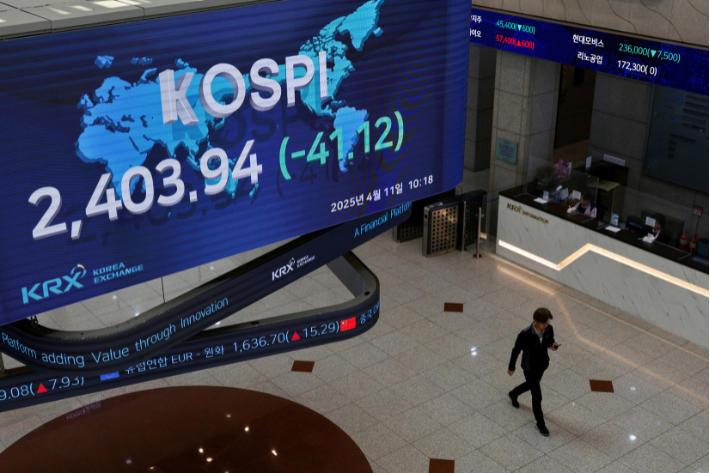(ATF) The New York Stock Exchange (NYSE) confirmed on Wednesday January 6 that delisting of three Chinese telecom firms will go ahead on January 11 – after it announced plans to remove the firms, reversed course temporarily, then finally reverted to its initial decision.
The fiasco has highlighted the challenges faced by exchanges, clearing houses and index providers of getting caught up in conflict between the US and China.
The NYSE attempted to shift some blame for the bizarre chain of events without provoking further interventions from officials in the Trump administration, who seem determined to make a transition to a new China policy as difficult as possible for incoming president Joe Biden and his team.
“This decision is based on the following new specific guidance received on January 5, 2021, that the Department of Treasury’s Office of Foreign Assets Control provided to the NYSE: “[P]ursuant to section 1(a)(i) of (executive order) 13959, US persons cannot engage in certain transactions in the ADRs of China Telecom Corporation, China Mobile Limited, and China Unicom (Hong Kong) Limited after 9:30am eastern time on January 11, 2021,” the NYSE said in a statement.
“Consistent with this guidance, trading in the securities of the issuers will be suspended at 4am eastern standard time on January 11, 2021, as we have been advised that NSCC will clear trades executed through January 8, 2021,” it added.
The mention of the National Securities Clearing Corporation (NSCC) highlights the extent to which multiple providers of financial market services can be drawn into disputes when major states such as the US and China decide to use economic tools to advance their goals.
The NSCC is a unit of the Depository Trust and Clearing Corporation, the world’s biggest clearer of financial trades.
S&P Dow Jones Indices also tangled in messy week
While clearing houses have to react along with exchanges to any confusion about policy orders, index providers also face challenges, which in turn can serve to highlight the extent to which there is ambiguity in their own decision-making processes.
S&P Dow Jones Indices has been caught up in the shambolic back-and-forth this week surrounding the Trump administration’s attempt to ban transactions involving China Mobile, China Telecom and China Unicom, for example.
The index provider has been tracking the shifts of the NYSE, but without attracting quite as much attention.
S&P Dow Jones initially said it would remove the three Chinese firms from its benchmarks effective on Thursday January 7, then reportedly reversed policy in line with the NYSE.
It is now expected to fall back into line with the NYSE and US government guidance, although S&P Dow Jones did not reply to a request for comment by ATF.
Other index providers have also been reacting to Trump’s executive orders, though at differing paces.
FTSE Russell on Tuesday withdrew another three Chinese firms from its indices, on top of eight companies that had already been removed. And MSCI announced in December that it was deleting an array of Chinese companies from its indices, effective from January 5.
Index providers try to project an air of consistency and adherence to their own rules when pitching their products, but there is often a discretionary element to decisions that has been underscored by recent high-profile calls that had to be made on issues such as Trump executive orders, or market developments such as the extraordinary rise in the value of electric vehicle maker Tesla last year.
The chaotic nature of policy making by the Trump administration has posed a unique challenge to exchanges, clearers and index providers, but this is not a problem that will simply go away when Biden takes office.
Decisions by service providers such as exchanges and index providers will be watched more closely than ever in 2021.
Threat to Alibaba, Tencent
Meanwhile, President Trump’s move on Tuesday to ban transactions by eight Chinese apps, including Alipay and Tencent’s QQ, in the two weeks before his term formally ends means that these companies, as well as officials at the Commerce Department, the incoming Biden administration and the US courts will also have work out how to manage the ramifications of that Executive Order.
The Trump administration is considering adding tech giants Alibaba and Tencent to a blacklist of firms allegedly owned or controlled by the Chinese military, two people familiar with the matter said, according to Reuters. Such a move that could inflame tensions with Beijing days before US President-elect Joe Biden takes office.
Defense Department officials, who oversee the designations, have not yet finalised plans to add the companies and are also discussing adding other Chinese firms, the sources said, speaking on condition of anonymity because the deliberations are private.
If added, Alibaba and Tencent would be subject to an executive order signed by Trump in November, which bans US investors from buying shares of the blacklisted firms starting in November, 2021.
Tencent declined to comment and Alibaba did not immediately respond to requests for comment. The discussions were first reported by the Wall Street Journal.
Shares in Alibaba Group Holding were down 5% in morning trade on the Hong Kong Stock Exchange on Thursday. Tencent Holdings shares were down 3%. Alibaba’s US-listed shares closed down just over 5% on the news on Wednesday.
Trump has unleashed a raft of tough measures against Chinese firms in his waning days in the White House as he seeks to cement his hardline legacy and as Beijing and Washington have clashed over the coronavirus and China’s crackdown on Hong Kong.
With reporting by Reuters























